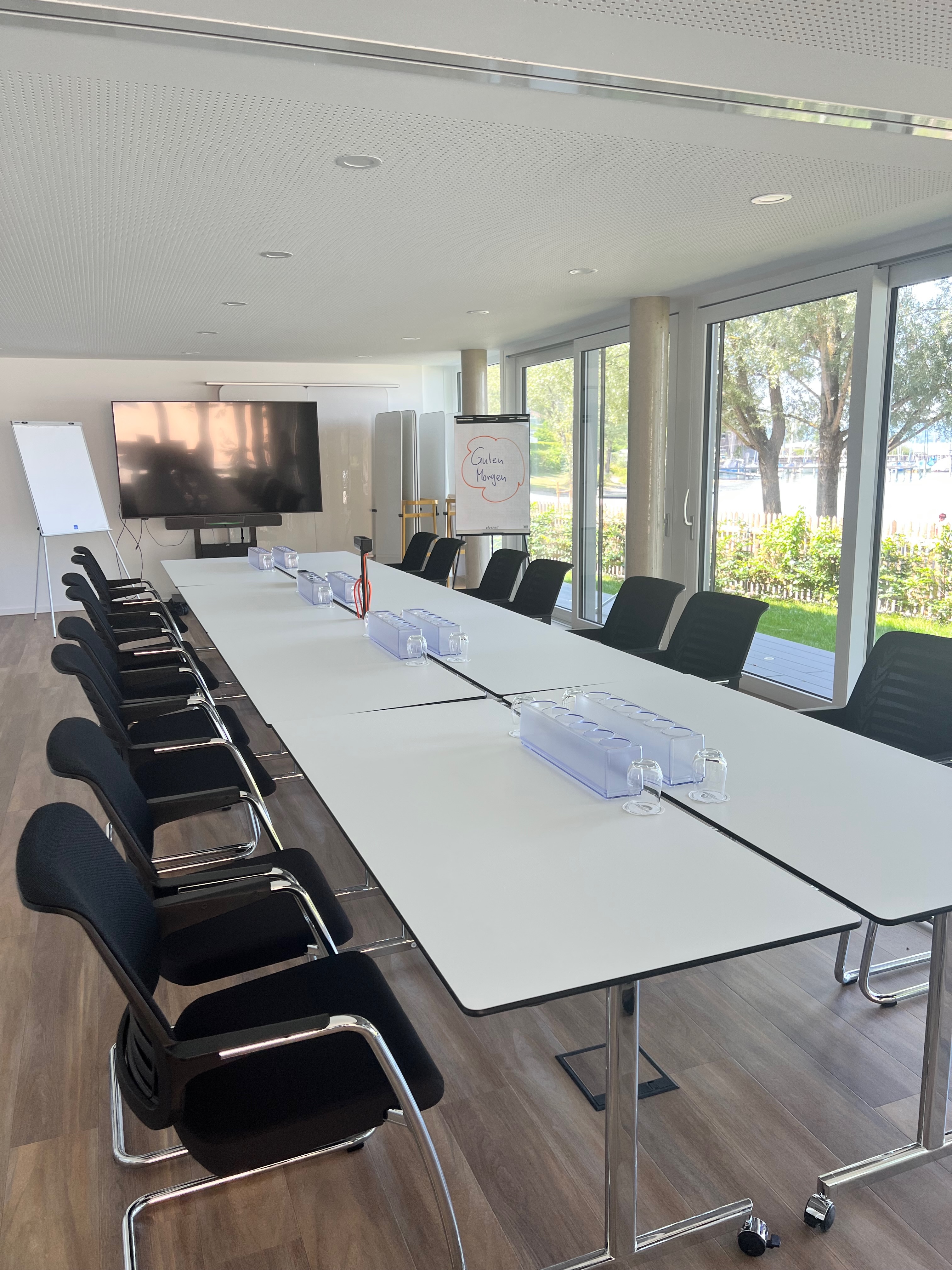Exoplanets by the Lake IV: Geoastronomy and Origins of Life
July 19—24 2026
A focused summer school on geoastronomy and origins of life at Lake Ammer (Ammersee).
Exoplanets by the Lake is a signature series that aims for an interactive, in-person summer school format among participants that is not easily achievable online. In 2026, our focus is on the geosciences of exoplanets, also known as "geoastronomy", and its connections to the origins of life. This vibrant research area is highly interdisciplinary and unifies knowledge from the Earth, planetary and exoplanet sciences.
Geoastronomy and origins of life
Prof. Paul Rimmer (Cambridge, England), Prof. Oliver Shorttle (Cambridge, England)
Prof. Steve Mojzsis (Bayreuth, Germany)
Prof. Kevin Heng (Munich, Germany)
July 19 to 24 2026 (Sunday to Friday, 5 nights)
Hotel Seespitz Gaestehaus in Herrsching (1.5 hours from Munich airport by S Bahn).
800 euros — includes hotel accommodation (shared; 2 participants to a room), all breakfasts and coffee/tea breaks (but no lunches/dinners).
Register no later than 2026 March 27 (Friday).
Paul B Rimmer is an assistant professor of experimental astrophysics at the Department of Physics, Cavendish Laboratory, University of Cambridge. He works on questions of planetary astrochemistry, especially the question of how life may have originated on Earth and other planets. He leads a small group that designs chemical reactors with ultraviolet light sources made to mimic the light of the Sun and other stars. They use these reactors to measure and model the chemical kinetics of reactions that take place in the lab, and apply these models to planetary environments.
Oliver Shorttle is professor of natural philosophy jointly appointed between the Institute of Astronomy and Department of Earth Sciences at the University of Cambridge. He investigates the emergence and maintenance of planetary habitability, by combining observation, experiment, and theory. He is a steering committee member of the Leverhulme Centre for Life in the Universe, and designed and leads the MPhil for Planetary Science and Life in the Universe at Cambridge.
tbd
Stephen Mojzsis is research professor in geoastronomy and biogeodynamics at the Bavarian Geoinstitute (BGI) in Bayreuth, Germany. He is an Earth scientist who uses physical and chemical tools to understand the natural world. With research that is field-, laboratory-, experiment- and modeling-based, he explores the conditions that yield the planets we observe in our Solar System and beyond.
Kevin Heng is professor of theoretical astrophysics at the Ludwig Maximilian University of Munich, Germany, and the holder of its Theoretical Astrophysics of Extrasolar Planets chair. He is the author of "Exoplanetary Atmospheres: Theoretical Concepts and Foundations" (Princeton University Press), which was recognised with the Chambliss Astronomical Writing Award of the American Astronomical Society. He is the recipient of two European Research Council (ERC) grants (Consolidator and Synergy).
